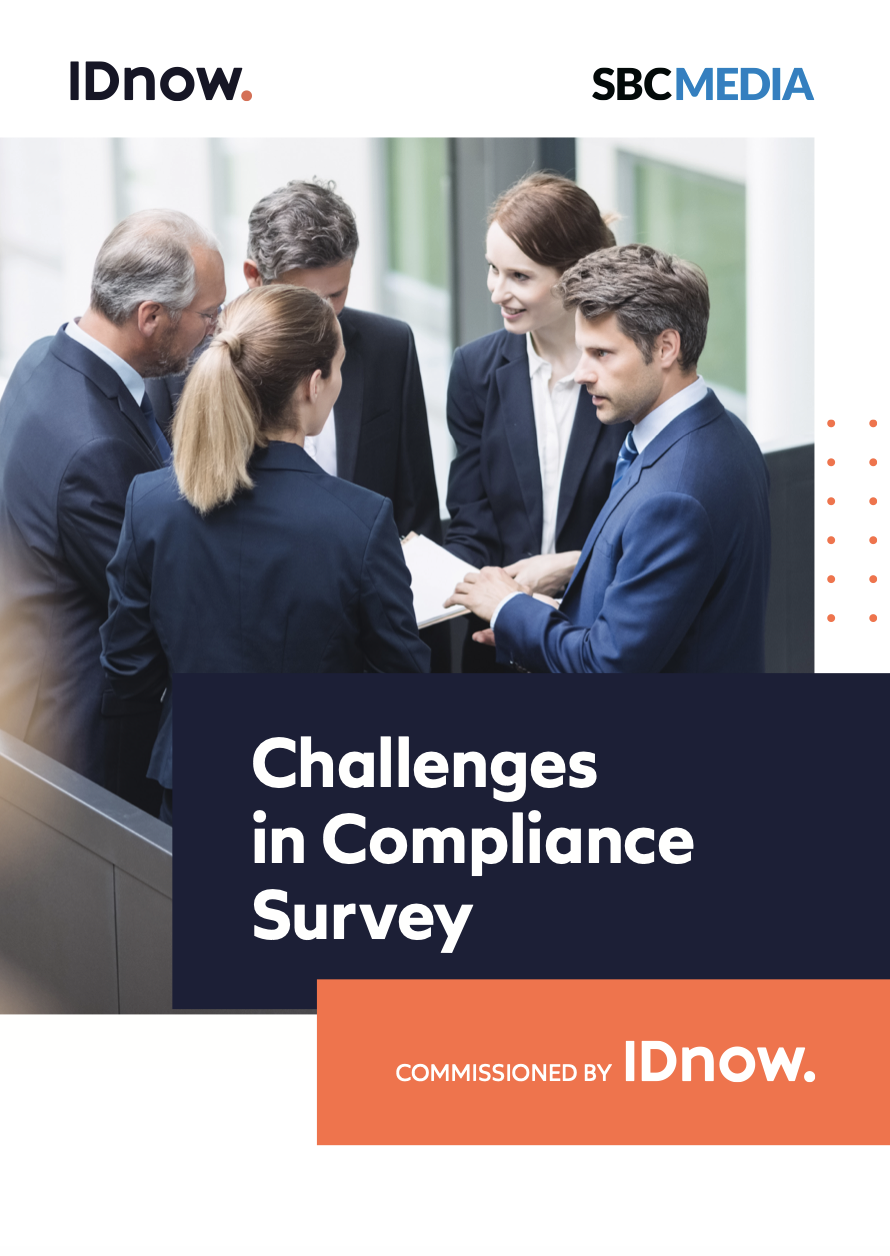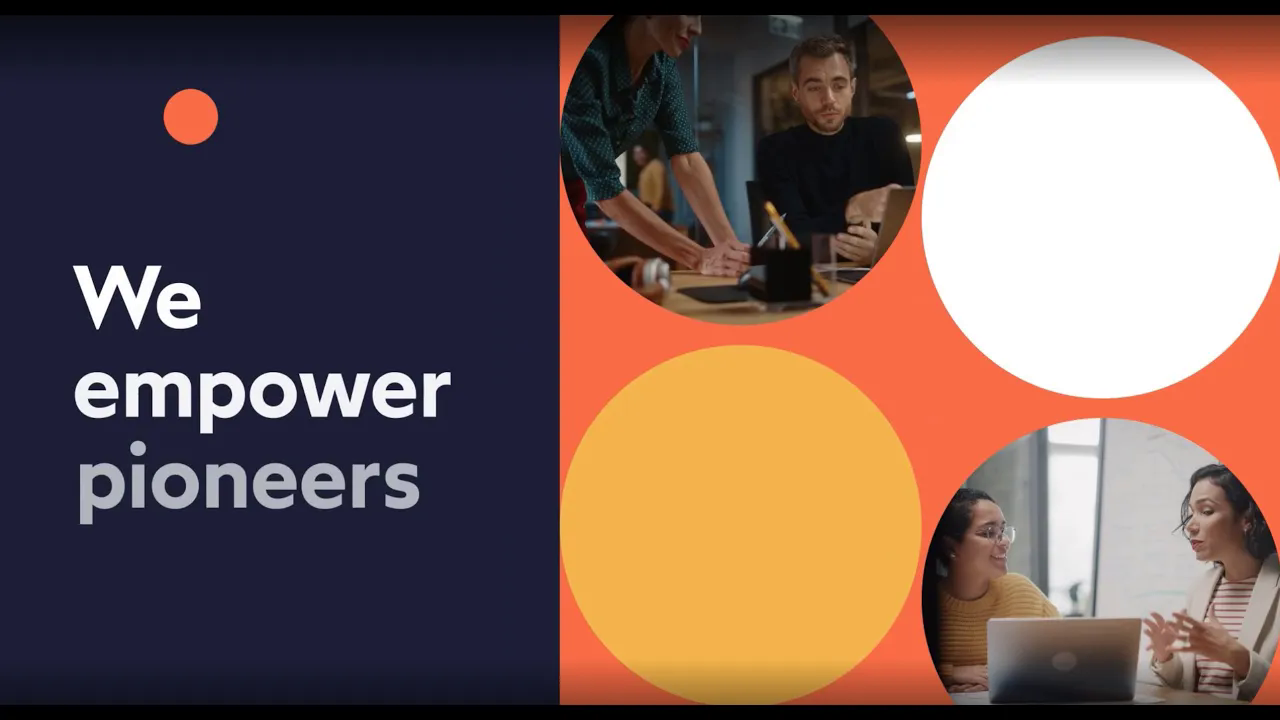As the Brazilian igaming market prepares for lift off, we discuss regulatory surprises, the challenges of encouraging players to leave the black market, and the feasibility of Brazil becoming the largest gambling market in the world.
Although at first glance, there may not appear to be a huge amount in common between the Brazilian aviation industry and the Brazilian gambling industry, for lawyer Neil Montgomery, there are parallels that gambling operators would be well served to follow.
Late last year, the Brazilian online gambling industry took significant steps toward regulation, when Law No. 14,790/2023 was enacted further addressing fixed odds sports betting and igaming. While last month’s departure of government chief advisor, Jose Francisco Mansur, is likely to result in considerable delays to the licensing process, it will not dampen the appetite for the official launch of a fully regulated gambling market in Brazil at federal level.
The excitement and anticipation for a regulated market at federal level (since some Brazilian states – like Paraná and Rio de Janeiro – have already made state licenses available) is borne largely from two things: the federal government realizing it is missing out on significant tax revenue, and Brazilian players being able to benefit from a safer and more secure player experience that only a regulated platform can offer. However, Neil does warn that unless gambling operators take the necessary steps to become ‘regulation-ready,’ including adherence to KYC, identity verification, and responsible gambling measure requirements, there is likely to be trouble ahead.
“Consumer legislation is strict and strictly enforced in Brazil so foreign operators are going to have to confront the nightmare of doing business when it comes to consumer claims.”
Neil explains that Brazil is infamously ranked number one in the world in terms of airline passenger claims. The reason, he suggests, is that although Brazil complies with international conventions on the limitation of carrier liability, said conventions do not apply to so-called ‘moral damages,’ or the pain and suffering inflicted on the passenger.
“I believe a similar situation will repeat itself in the gaming industry because disgruntled consumers will now have a local door to knock on and use the Brazilian courts to obtain favourable awards. Brazilian courts will look at sports betting and igaming operators as wealthy companies and an expectation for companies to compensate damages cost to consumers.”
In this interview, Neil explains all about consumer legislation, tax, KYC, and why Brazilian gambling operators may have the upper hand on their stronger foreign counterparts.
Now that Brazilian regulations for sports betting and online casinos have passed, was there anything in the final draft that surprised you, positively or negatively? Is there anything you would like to see revised in future iterations?
Well, I think that in general terms, it was very positive. We had to wait until the very last minute in 2023 to see the law passed because there was a lot of discussion as to whether this was coming out this year or not. The federal government, of course, was focused on getting it passed since it has an objective of reaching zero tax deficit in 2024.
Any additional revenue is welcome and of course the sports, betting and gaming markets are seen as a very good source of additional revenues. For this revenue to be included in the 2024 budget, everything had to be passed in 2023. A positive surprise was the inclusion of igaming in the law because it was originally only supposed to govern fixed odd sports betting.
Under Brazilian law, we still need to wait and see what the Ministry of Finance will do with its many ordinances. There are 12 expected to be released, and we’ll see what the definition of igaming is. Another surprise was the fact that operators will need to have 20% Brazilian ownership. However, the way it is worded was a bit ambiguous because it doesn’t explicitly refer to a Brazilian individual and so adopting a two-tier corporate structure in Brazil (where the foreign operator would first incorporate a local holding company and have that company incorporate the local operator applying for the license – the latter thereby having a 100% Brazilian shareholder). The other positive was player tax being reduced from the initially proposed 30% to 15%.
There were certain paragraphs vetoed by President Lula, such as the player having to calculate income tax on net winnings on an annual basis. All vetoes are still to be heard at Congress, and there’s a lot of uncertainty as to how the income tax is going to be calculated and collected.
Have you noticed a surge in interest or activity among Brazilian gaming operators since it passed?
Well, there are very few Brazilian operators because most of them are all foreign operators that will now have to set up shop in Brazil to obtain a federal licence. For many years, players have been used to playing on offshore platforms. Upcoming law changes will make the experience of using an unlicensed platform much harder. For example, there will be restrictions on advertising and on payment methods.
Foreign operators will therefore have to obtain a licence from the Ministry of Finance and players will have to play only on licenced operators in Brazil. Right now, we’re in a grey market until the full legal framework is laid out, but from the moment licences are made available at federal level, it will officially become a black market, and will be considered significantly riskier.
There will always be ways of circumventing the regulated market, but I think it’s going to be more cumbersome for them to be able to play in the black market. So, hopefully the ordinances will allow a balance between what operators need to do, what the players need to do, and what the government needs to do so that the new regulated market will be sufficiently attractive to encourage players to bet in a licenced environment.
Challenges in Compliance Survey

With many Brazilian players already familiar with gambling on the grey market, how ready and willing do you think players will be to switch to regulated, domestic platforms, where they will be required to complete a KYC process and follow tax payments?
It all depends on how easy it is to operate in the regulated market. I think there’s still some uncertainties regarding how the tax will be calculated and collected. I think if they had published the methodology of how the player’s income tax will be calculated then that would have been very positive in terms of encouraging players to place their bets in the domestic market. We just need to wait and see what happens. However, if the legal framework is more time and cost consuming than continuing to place bets on the black market, then of course we’re going to have channelization issues, which of course the federal government would like to avoid. Also, will the regulations leave enough room to guarantee the return on investment, because the licence fee is going to be quite high: 30 million Brazilian Reals, which is about $6 million for a 5-year licence. That puts Brazil as one of the most expensive places in the world to obtain a licence.
Also, of course, let’s not forget the real reason for regulating the market, which is player protection and investment protection, so hopefully the balance will be found to avoid players continuing to place their bets on the black market.
Brazil is forecast to become the largest gambling market in the world. Do you see any obstacles in its way to achieving that?
Well, I’m an eternal optimist, so if a good balance can be found, which will require all stakeholders to make concessions, then I think so. In Brazil, professional football depends massively on sponsorship provided by operators, and there has been an increase in the value of sponsorship over the years and now that the law has passed, I have seen the amounts go up quite significantly. It’s likely to lower again at some point in the future, but right now sponsorship amounts are record-breaking, and every week we receive news that a football club is receiving twice, three times the amount of sponsorship of previous deals.
So, there’s a lot of appetite for Brazil to become the largest gambling market in the world, and I think it will generate a lot of jobs, a lot of investment, but we need to find the balance. This is the key issue; we are in a newly regulated market and everything’s new for everyone. This is the big opportunity we have been waiting decades for, and now is the time to get it right.
As a lawyer, what is your opinion of the Brazil licensing requirements? Too arduous, too many loopholes, or to be expected?
Well, the law has been framed in a way that if an operator doesn’t obtain a licence, they’re going to be subject to many restrictions to access the Brazilian market.
The Brazilian federal government has always said that once licences are made available then they are going to enforce legislation. We have seen at state level many enforcement actions by certain states, especially Rio Janeiro and Paraná, because not only do we have the federal licence regime, but we also have state licences because federal legislation has taken so long to be enacted.
Since 2020, states have enacted their own legislation to grant state licences for traditional lottery and for fixed odd sports betting, as fixed odd sports betting was legalized in Brazil as a form of lottery, and we have seen many clients of ours receive notices and subpoenas as they have not obtained a state licence. One of the main problems we have is of the legal problems caused by the dichotomy between federal and state licences.
We’re awaiting the official licencing requirements. We only have the main points in the law. So, we know it’s an open licencing model with no limit on the number of licences issued, which is good, that’s the model I have been advocating for many years. We know it’s going to cost 30 million Brazilian Reals for a five-year licence, and each operator can promote up to three brands, and not necessarily the operator’s own brand, so there could be licencing arrangements with other brand holders.
The plan is to have two windows per year during which the applications can be filled. 134 companies submitted applications last year, well, submitted an expression of interest and the federal government has promised priority in the process.
Hopefully the Ministry of Finance will have sufficient human resources to process all these applications, because they are going to be flooded with a lot of paperwork. Everything is going to be done electronically, which should be more efficient, but there’s going to be a lot of documents that need to be provided. We still do not know whether documents coming from overseas will have to satisfy the formalities of notarization. It’s going to be the first experience in Brazil in terms of licencing at federal level, but hopefully we’ll get there!
In your legal opinion, how well-prepared are Brazilian operators, particularly start-ups, to navigate the complexities of the new regulatory landscape in the online gambling sector?
Well, there’s going to be a surge in igaming lawyers in all aspects of the law, because this is a very detailed, regulatory environment. So, there are many different aspects to it. So, I think Brazilian operators may have an advantage of knowing the law better, and how it could evolve with upcoming regulations, as they know the market so well. Maybe they don’t have the strength that foreign operators have, but at least they have the knowledge of the local market and knowledge of the local law, which should give them a certain competitive advantage. Foreign operators who set up shop in Brazil will gradually have to learn their way around the treacherous waters of the Brazilian legal system because, as we say, Brazil is not for amateurs.
With other countries in the Americas opening, such as Peru, how important do you think the region will become in the global gambling market in the next 5 to 10 years? Is the future bright?
I think Latin America is the new frontier of the gaming industry.
[Discover the different priorities and compliance challenges facing global and LATAM gambling operators in our blog, ‘Learning from the old guard. How LATAM gambling operators plan to meet age-old compliance challenges.’]
So, most of it is still uncharted territory, especially Brazil, but I think things will become clearer with time. But, yes, Latin America is the place to be at the moment and I think we’ll be in the spotlight for many years to come.
We have seen other surprise advancements, even in the Muslim world, with land-based casinos being floated in the UAE for example, and even places like Saudi Arabia are now considering casinos. So, I think igaming is seen as something that needs to be focused on and Latin America, Mexico, all the way down to Argentina and Chile are going to be in the spotlight with Brazil likely to become the main player in that regional market.
Discover ‘How to onboard players in Brazil without compromising on compliance or CX’ here.
If you’re interested in more insights from industry insiders and thought leaders, check out one of our interviews from our Fintech Spotlight Interview series below.
- Martin Lycka, SVP for American Regulatory Affairs at Entain
- Ronaldo Kos, Head of Latam at IDnow
- David Birch, global advisor and investor in digital financial services
By

Jody Houton
Senior Content Manager at IDnow
Connect with Jody on LinkedIn




